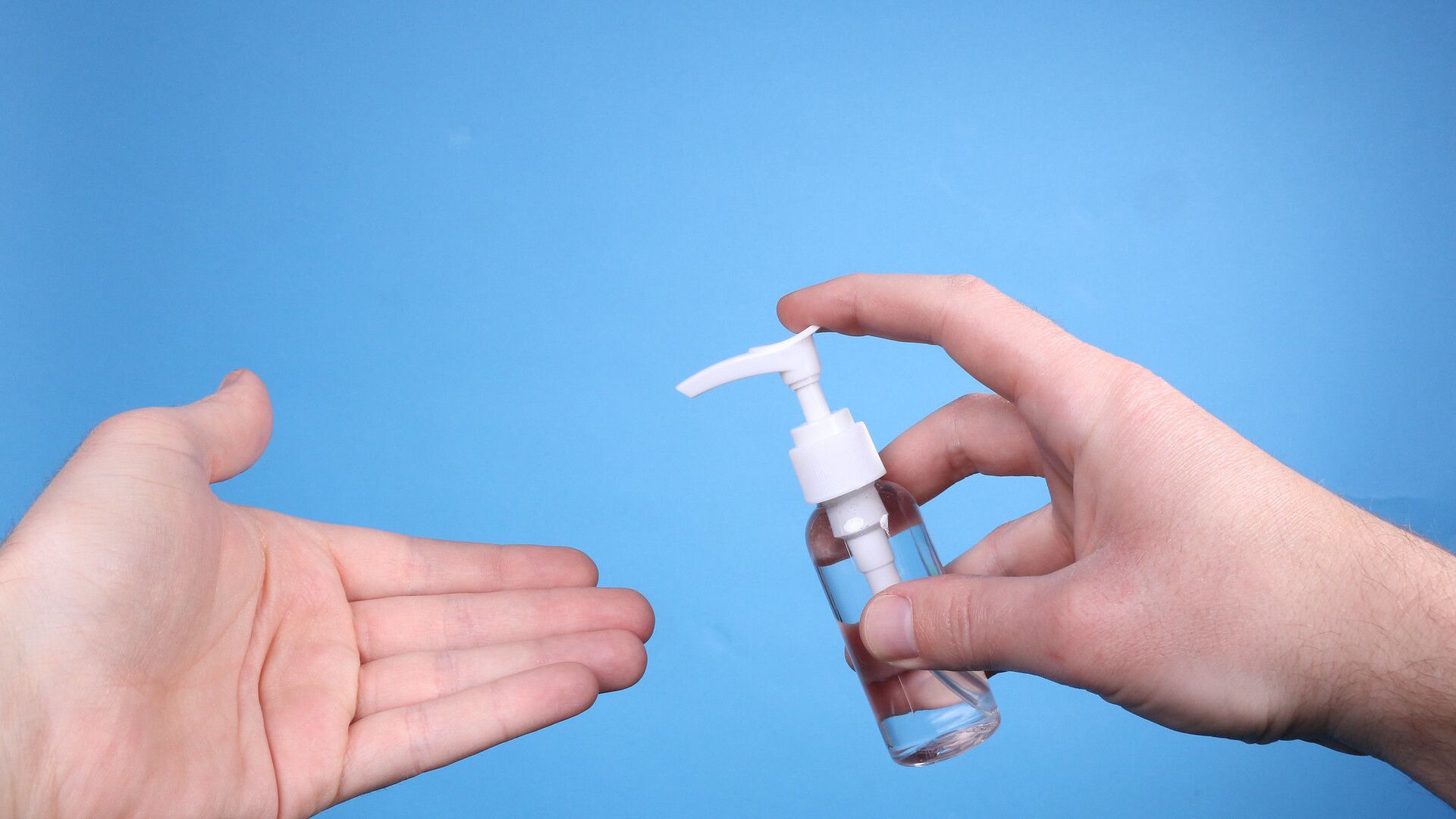https://sputnikglobe.com/20220326/want-to-know-how-dangerous-covid-might-be-for-you-look-at-your-fingers-1094216472.html
Want to Know How Dangerous COVID Might Be for You? Look at Your Fingers
Want to Know How Dangerous COVID Might Be for You? Look at Your Fingers
Sputnik International
A popular theory has it that those men who have longer ring fingers are sexier than others because of higher levels of testosterone, but how does all this... 26.03.2022, Sputnik International
2022-03-26T11:47+0000
2022-03-26T11:47+0000
2022-10-26T12:00+0000
covid-19
coronavirus
study
scientists
research
world
https://cdn1.img.sputnikglobe.com/img/07e4/09/0b/1080433226_0:93:2049:1245_1920x0_80_0_0_18bb9b22903c374e22bb4b180b2ece61.jpg
Many probably already know that a male's index finger is typically shorter than their ring finger, and that women's index fingers are longer than men's, but do you know how finger dimensions may be related to COVID-19? An international team of scientists has suggested that the length of a person's digits might provide a clue as to how ill they might get after contracting the coronavirus.The study conducted by researchers from Swansea University in Wales in cooperation with the Medical University of Lodz in Poland and Sweden's Karolinska University Hospital was published in the journal Scientific Reports.In their research, the scientists proceeded from a widely recognised theory that a longer ring finger is a marker of higher levels of testosterone, the major sex hormone in males, while a longer index finger indicates higher levels of oestrogen, a female sex hormone.According to the theory, men generally have longer ring fingers, whereas women have longer index fingers.Manning referred to what he described as "feminised differences" in digit ratios in hospitalised patients, namely, the ratios of the 2nd, 3rd, 4th, and 5th fingers.The professor stressed that the view is "significant because if it is possible to identify more precisely who is likely to be prone severe COVID-19, this would help in targeting vaccination […]"."Our research is helping to add to understanding of COVID-19 and may bring us closer to improving the repertoire of anti-viral drugs, helping to shorten hospital stays, and reduce mortality rates", Manning emphasised, pledging that the scientists would continue to work and that they "hope to report further results shortly".Let's stay in touch no matter what! Follow our Telegram channel to get all the latest news: https://t.me/sputniknewsus
world
Sputnik International
feedback@sputniknews.com
+74956456601
MIA „Rosiya Segodnya“
2022
Oleg Burunov
https://cdn1.img.sputnikglobe.com/img/07e4/09/0b/1080424846_0:0:2048:2048_100x100_80_0_0_3d7b461f8a98586fa3fe739930816aea.jpg
Oleg Burunov
https://cdn1.img.sputnikglobe.com/img/07e4/09/0b/1080424846_0:0:2048:2048_100x100_80_0_0_3d7b461f8a98586fa3fe739930816aea.jpg
News
en_EN
Sputnik International
feedback@sputniknews.com
+74956456601
MIA „Rosiya Segodnya“
Sputnik International
feedback@sputniknews.com
+74956456601
MIA „Rosiya Segodnya“
Oleg Burunov
https://cdn1.img.sputnikglobe.com/img/07e4/09/0b/1080424846_0:0:2048:2048_100x100_80_0_0_3d7b461f8a98586fa3fe739930816aea.jpg
covid-19, coronavirus, study, scientists, research, world
covid-19, coronavirus, study, scientists, research, world
Want to Know How Dangerous COVID Might Be for You? Look at Your Fingers
11:47 GMT 26.03.2022 (Updated: 12:00 GMT 26.10.2022) A popular theory has it that those men who have longer ring fingers are sexier than others because of higher levels of testosterone, but how does all this correlate with coronavirus-related issues? It would appear that scientists in Britain have the answer.
Many probably already know that a male's index finger is typically shorter than their ring finger, and that women's index fingers are longer than men's, but do you know how finger dimensions may be related to
COVID-19? An international team of scientists has suggested that the length of a person's digits might provide a clue as to how ill they might get after contracting the coronavirus.
The study conducted by researchers from Swansea University in Wales in cooperation with the Medical University of Lodz in Poland and Sweden's Karolinska University Hospital was published in the journal Scientific Reports.
In their research, the scientists proceeded from a widely recognised theory that a longer ring finger is a marker of higher levels of testosterone, the major sex hormone in males, while a longer index finger indicates higher levels of oestrogen, a female sex hormone.
According to the theory, men generally have longer ring fingers, whereas women have longer index fingers.
Professor John Manning of Swansea University, one of the authors of the study, said their findings suggest that the severity of COVID-19 "is related to low testosterone and possibly high oestrogen in both men and women".
Manning referred to what he described as "feminised differences" in digit ratios in hospitalised patients, namely, the ratios of the 2nd, 3rd, 4th, and 5th fingers.
According to him, it "supports the view that individuals who have experienced low testosterone and/or high oestrogen are prone to severe expression of COVID-19. This may explain why the most at-risk group is elderly males [who typically have low levels of testosterone]".
The professor stressed that the view is "significant because if it is possible to identify more precisely who is likely to be prone severe COVID-19, this would help in targeting vaccination […]".
"Our research is helping to add to understanding of COVID-19 and may bring us closer to improving the repertoire of anti-viral drugs, helping to shorten hospital stays, and reduce mortality rates", Manning emphasised, pledging that the scientists would continue to work and that they "hope to report further results shortly".
Let's stay in touch no matter what! Follow our Telegram channel to get all the latest news: https://t.me/sputniknewsus 



